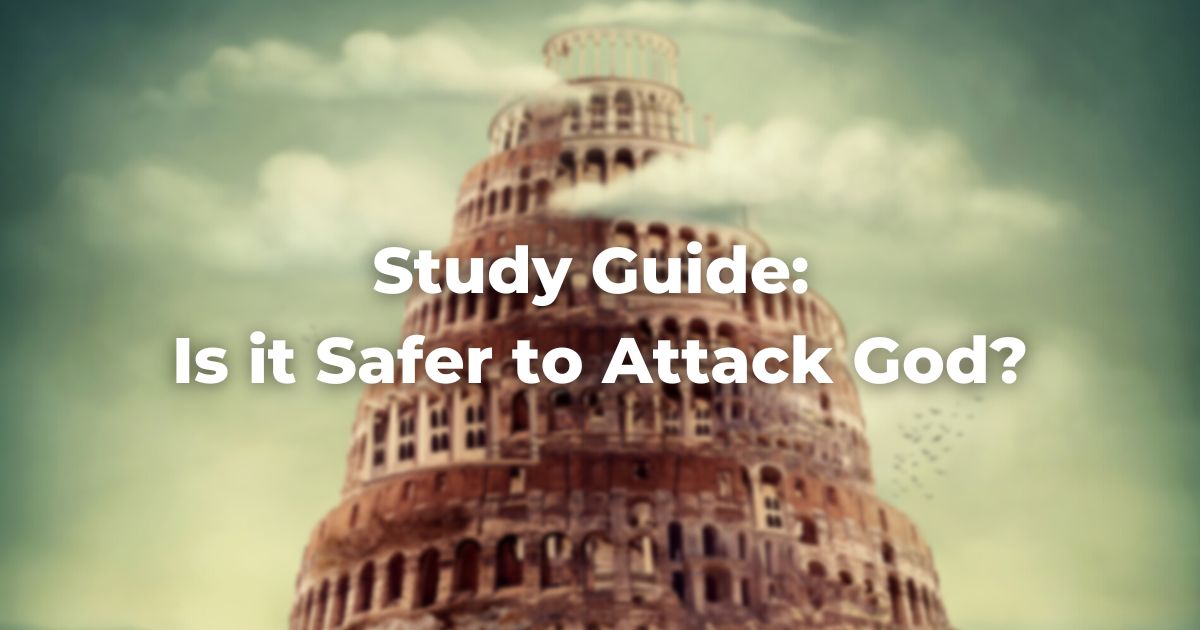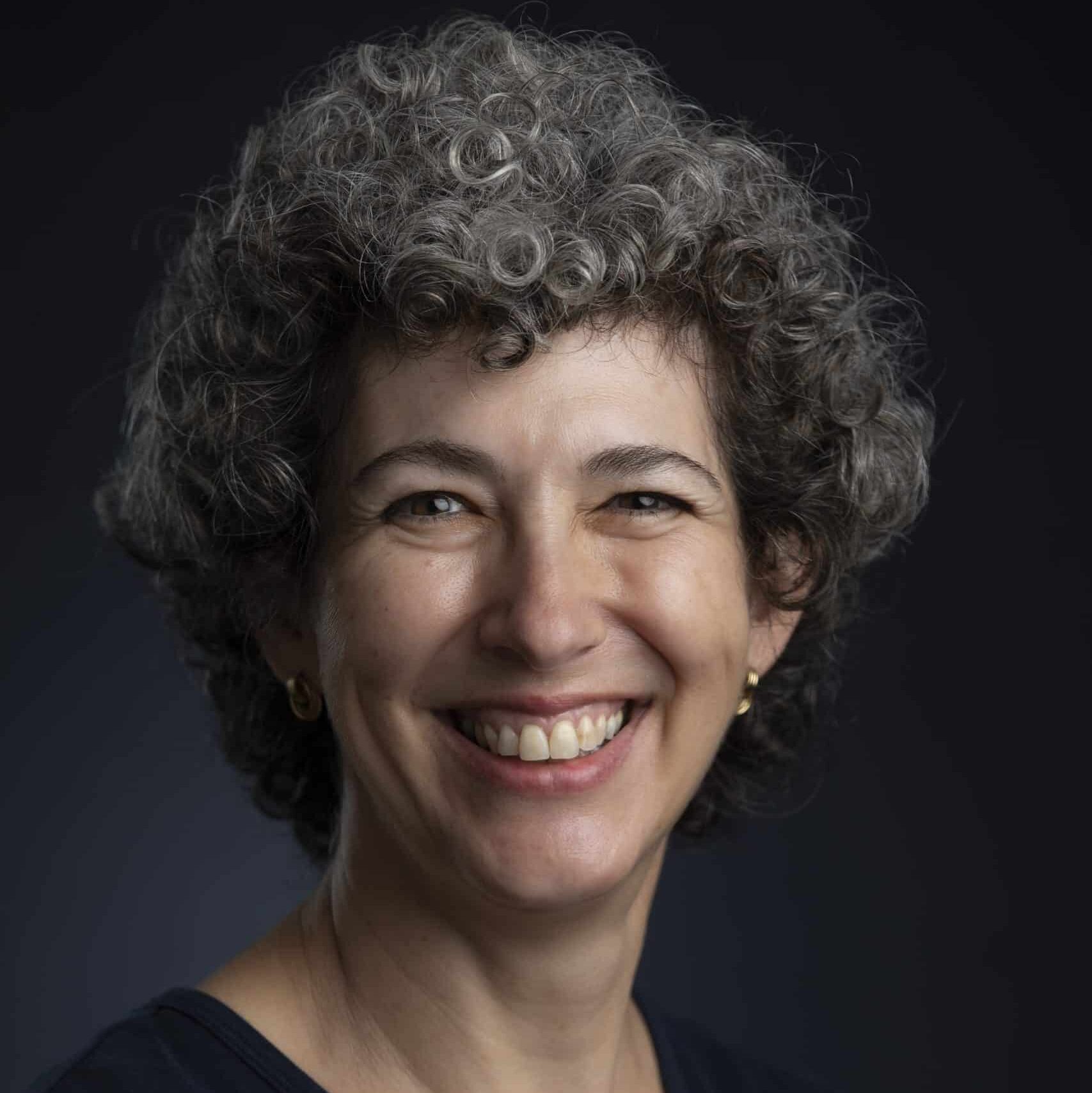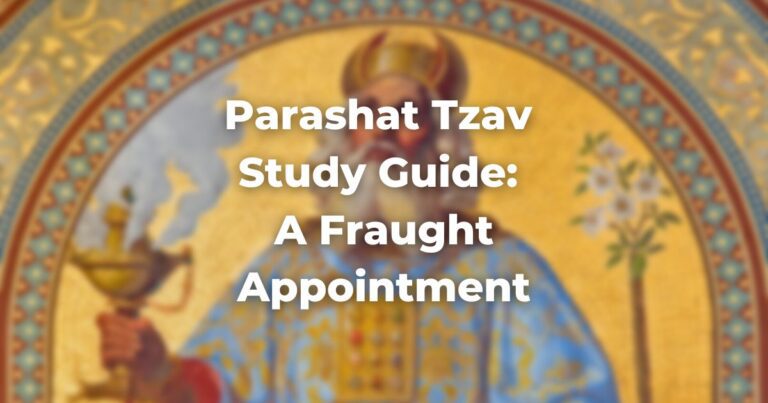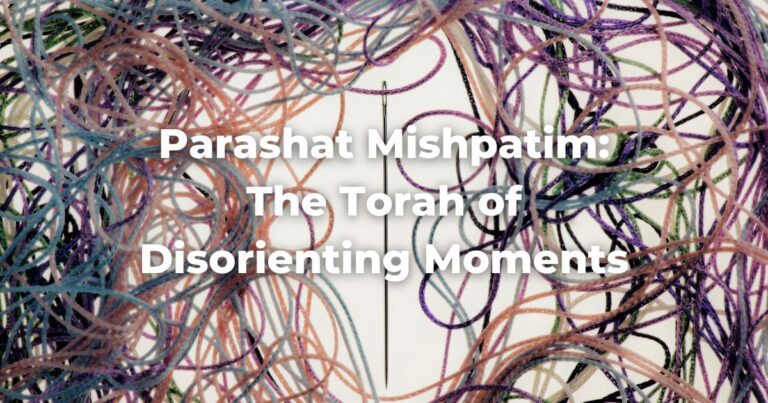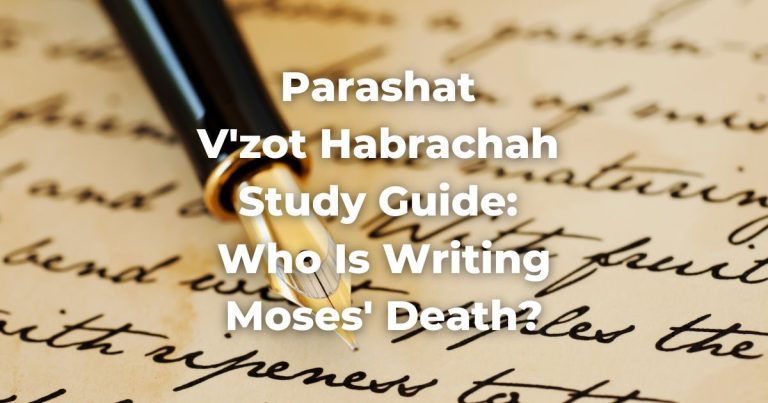Parashat Noach Study Guide
Text: Bereshit 11:1-9
1 And the whole earth was of one language and of one speech… 4 And they said: ‘Come, let us build us a city, and a tower, with its top in heaven, and let us make us a name; lest we be scattered abroad upon the face of the whole earth.’ 5 And the LORD came down to see the city and the tower… 6 And the LORD said: ‘Behold, they are one people, and have one language for all; …and now nothing will be withholden from them, which they purpose to do. 7 Come, let us go down, and there confound their language…’ 8 So the LORD scattered them abroad from thence upon the face of all the earth; and they left off to build the city… 9 Therefore was the name of it called Babel…
- Language is a tool but also a reflection. What are the positive and negative aspects of a single, universal language?
- While God does not approve of the behavior of the people following the flood, at no point is there a suggestion of physical destruction. How do these people differ from the society destroyed by the flood? (Whose deed were described as “all flesh had corrupted their way upon the earth.”)
- In what society would you rather live? Why? What is the potential personal cost in each one?
Commentary: Rashi on Bereshit 11:9
Which sin was greater: that of the generation of the Flood or that of the generation of the Dispersion (The Tower of Babylon)? The former did not stretch forth their hands against God; the latter did stretch forth their hands against God to wage war against Him; and yet the former were drowned and these did not perish from the world! Rather, the generation of the Flood, who were violent robbers, there was strife among them; but these conducted themselves in love and friendship, as it is said, “one language and of one speech”. You may learn from this how hateful is strife and how great is peace.
- Rashi struggles with the question which of the two social models in this parashah is worse. What categories does he compare? What categories would you compare? Which society is worse in your opinion? Why? What might be the argument of those who view it differently?
- According to Rashi’s reading, when does a society meet a violent end? Why are the builders of tower dispersed rather than killed? What in the essence of each society pointed to the end that they will experience?
- Why, if God supposedly approved of the harmony in the tower-building society, did He nonetheless disapprove of this society?
See more: Parashat Noach
Originally posted as part of the Conservative Yeshiva at the Fuchsberg Jerusalem Center’s Torah Sparks. Support TorahRefers to the first five books of the Hebrew Bible, the Tanakh, also called the Five Books of Moses, Pentateuch or the Hebrew equivalent, Humash. This is also called the Written Torah. The term may also refer to teachings that expound on Jewish tradition. Read more learning from the Fuchsberg Jerusalem Center/Conservative Yeshiva for leaders and seekers around the world here.
Authors
-

Vered Hollander-Goldfarb teaches Tanach and Medieval Commentators at the Conservative Yeshiva and is a regular contributor to Torah Sparks, FJC’s weekly message on the weekly Torah portion. She received her M.A. in Judaic Studies and Tanach from the Bernard Revel Graduate School of Yeshiva University and studied at Bar-Ilan University and the Jewish Theological Seminary. Before making aliyah, Vered taught at Ramaz School and Stern College in New York.
View all posts -



The Fuchsberg Jerusalem Center (FJC) is a home in the heart of Jerusalem where leaders and seekers can find an authentic place in Jewish tradition to call their own. FJC offers opportunities to study, pray and explore within an egalitarian and inclusive setting, creating multiple pathways for finding personal and communal meaning.
View all posts

